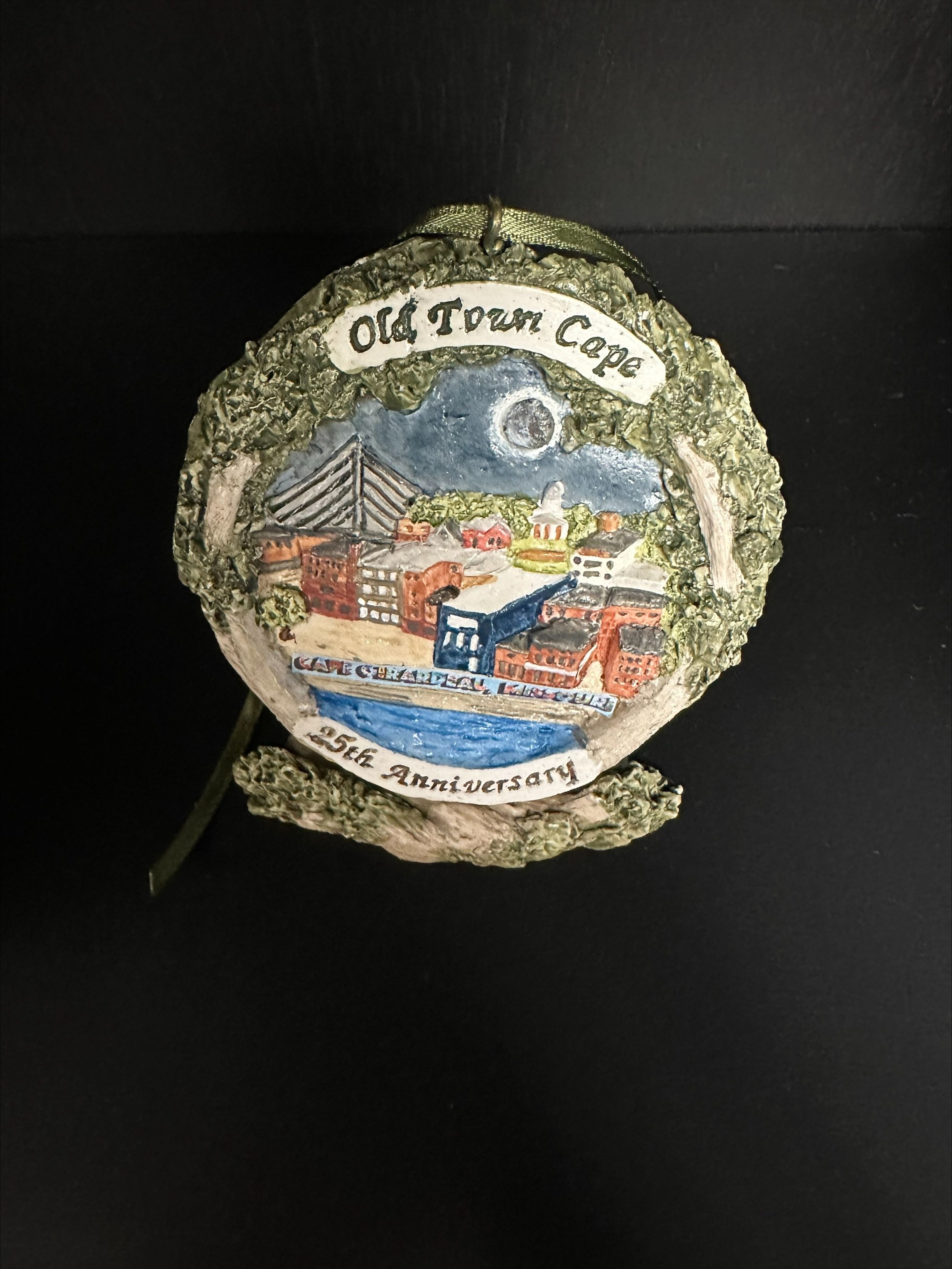INCIDENCE OF POISON IVY ON RISE IN CAPE REGION
It's green, has three leaves and is irritating more people than usual this year. Like other Cape Girardeau physicians, Dr. Reno Cova of Immediate Healthcare is treating more poison ivy cases this summer. On the average, he treats three patients a day. Some days he sees as many as six or more...
It's green, has three leaves and is irritating more people than usual this year.
Like other Cape Girardeau physicians, Dr. Reno Cova of Immediate Healthcare is treating more poison ivy cases this summer. On the average, he treats three patients a day. Some days he sees as many as six or more.
Even people who are doing yard work or cutting their grass who don't usually get it are showing up with it, Cova said.
Dr. Robert Sacha, an allergist, has seen an increase as well.
"People who have not had it for a long time say they have been getting a lot more poison ivy this year," he said.
Both doctors blame the problem on the spring rain.
The wetter spring has given the plant more moisture and time to grow, Cova said.
But an increase in plants doesn't have to lead to an increase in cases.
Poison ivy is a contact dermatitis caused by the plant's toxic oil. If people watch out for the plant or take precautions when they suspect they have come in contact with it, they can avoid the irritating epidemic, said Marcia Abernathy, clinical coordinator at St. Francis Medical Center.
A poison ivy reaction appears as a streaked, raised, reddened area, Abernathy said. A rash can also have clear blisters.
According to the Missouri Department of Conservation, exposure can come from direct contact with the plant, contact with pets, clothing or footwear that have come in direct contact with the plant or from the smoke of burning poison ivy.
Although people who are extremely sensitive to poison ivy require little exposure to produce a reaction, most people need to be exposed for more than five minutes.
When suspicious of contact with the three-leaf plant, Abernathy recommends removing all clothing and taking a warm shower with lots of soap and water to remove all traces of the toxic oil. Intense scrubbing during the shower will embed the oil and should be avoided.
For those who already have a reaction, cooler baths are more soothing than warm ones.
"The cool water will cut down the histamine reaction, or inflammation and itching," Abernathy said.
Soothing over-the-counter products include diphenhydramine, or Benadryl, Aveeno starch baths and Caladryl lotion.
Connect with the Southeast Missourian Newsroom:
For corrections to this story or other insights for the editor, click here. To submit a letter to the editor, click here. To learn about the Southeast Missourian’s AI Policy, click here.








